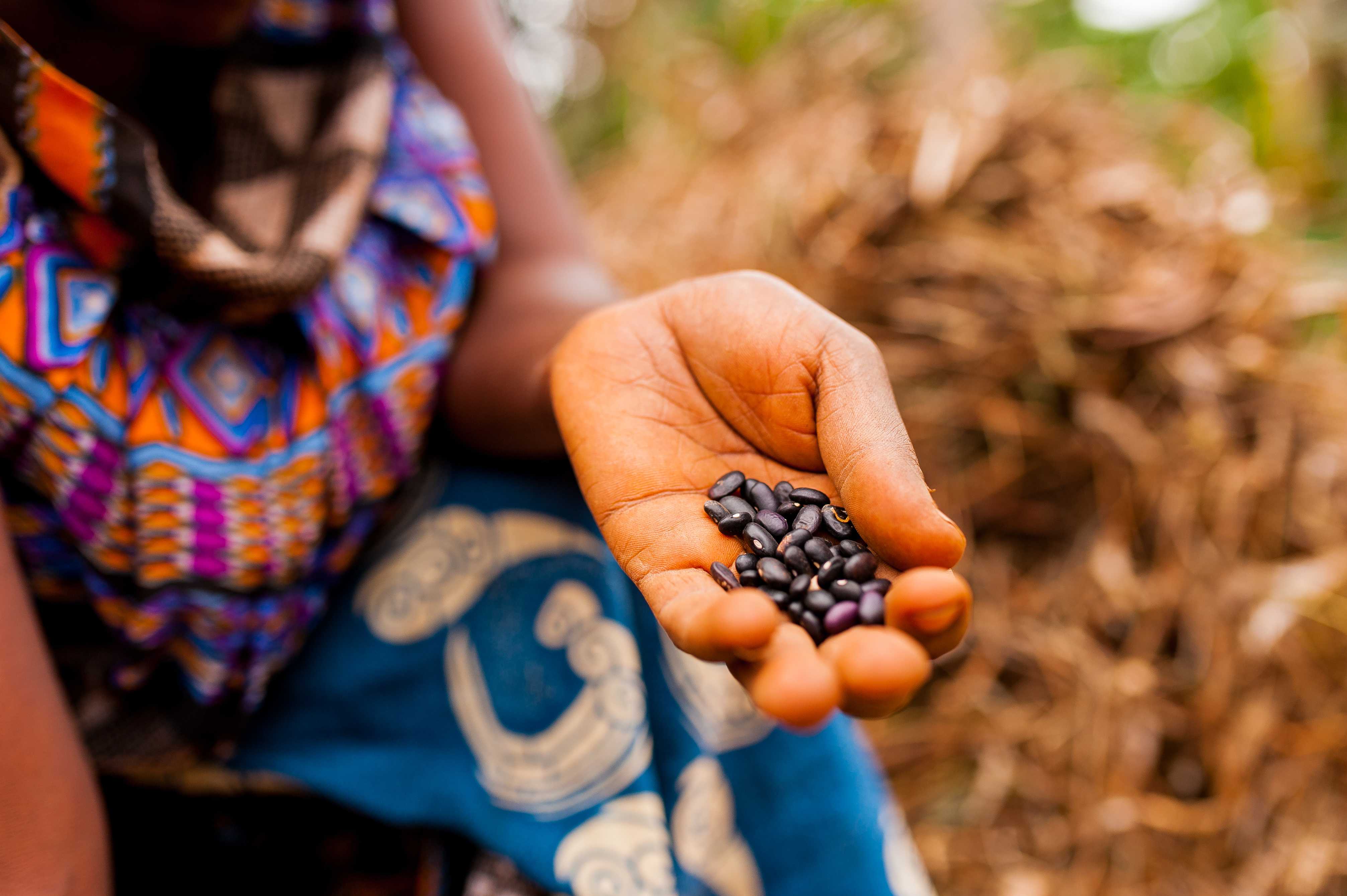Victor Barasa seldom had vegetables in his diet as his love for fast foods was insatiable. His daily meals always a portion of what Nairobians prefer; ‘Chips and chicken’. Little did he know that he was weighing down his health and quickly inviting deadly life style diseases. A time reached when his body could not take in more of the junk foods culminating into him being diagnosed with Hypertension and diabetes. According to him this was the worst news to have ever bombarded him and with it came the specialized treatment and management that included following a strict vegetarian diet.
The doctor’s instruction limited Barasa to vegetables with his weekly expenditure on greens shooting to over Sh3000. The venture was becoming an uphill task to Barasa, “This was costly to me because I also had other expenditures of buying the medication and general maintenance of my family.” As the saying goes, necessity is the mother of all inventions and Barasa’s case was not an exception. The high bills for purchasing the vegetables drove the father of two into developing an innovation that is championing organic urban farming that is promoting healthy diets among many urban dwellers.
Barasa and her wife embarked on a fact finding mission of helping them devise means of having their own supply of vegetables from their small backyard garden. Initial efforts employed by Barasa were futile because use of soil medium limited the space maximization as well as being the source for many pests and diseases that necessitated the use of chemicals that he so much wanted to exclude because they may are known for their long term negative health impacts.
His resolve finally bore fruits four months later. He mixed soilless medium which comprised of dry leaves, charcoal dust and other ingredients that will be made available after patenting process. According to Barasa the medium is highly nutritious and one does not need any fertilizer. The Soilless medium is ideal for a number of leafy green and fruiting vegetables including kales, spinach, tomatoes, among others. The medium is placed in V- shaped boxes that are strapped on a metallic rack and arranged in a vertically. The layers of the boxes can be over 8 as long as they don’t extend to over 9 feet. Depending on the type of crops in the box a box costs about Sh2200-3000.
Barasa noted that the medium provides good aeration to the root system and therefore this allows fast maturity of the crops. In addition the presence of the charcoal dust in the medium allows water retention and therefore minimizes irrigation to only twice per week depending on the prevailing weather conditions. The boxes are covered with newspapers which provide the mulching effect helping in water retention of over 70 percent. “Most Pests are detest reflection from the newspapers as they don’t like bright colours and therefore they are kept at bay.
The technology according to Barasa will also enable greenhouse farmers re-coup their investments within the shortest possible time. “Most greenhouse farmers suffer from limited space capacity which in the end impact negatively on the returns of their investments. This is in the end has made several farmers abandon the structures as they don’t foresee the commercial viability. However our system allows maximization of space as it can almost triple the number of plants in a greenhouse given the upward planting structure,” explained Barasa.
Compared to hydroponic, Barasa noted that the system is more affordable and therefore promises better returns to farmers. “Hydroponic systems are far more costly and need more sophisticated equipment. For instance a farmer will require over Sh20,000 to set up hydroponic system in a single square meter space while our system will cost less than Sh6000 for the same space.”
Related News:
Related News:
The success being registered by the users of the systems coupled with the overwhelming enquiries has made Barasa and her wife delve into the designing and set up of the structures on full time basis. They have set up nurseries of the vegetables and therefore sell off structures with already growing crops. “We don’t want to burden the farmers with a lengthy process of acquiring the seeds and nursery preparation because most of our clients are urban dwellers who have other commitments. Therefore we need to entice them with trendy and easy to adopt systems which are exactly our soilless box garden.” In the next two months, the couple is planning to introduce ready to harvest box structures. “We hope to deliver to the urban farmers intact gardens that farmers can start harvesting the as soon as they (systems) are at their door step,” added Barasa.
Organic farming is picking pace in the country with most of the consumers conscious about the sources of the produce and the management methods applied to them. According to a study done by Carlo Leifert, professor of ecological agriculture at Newcastle University, found that there is higher concentration of antioxidants in organic crops, standing at 69 percent compared to conventionally grown crops. Numerous studies have linked antioxidants to a reduced risk of chronic diseases, including cardiovascular and neuro-degenerative diseases and certain cancers. This study wholesomely sums up the efforts of the Barasas as they champion a healthy nation campaign.

















